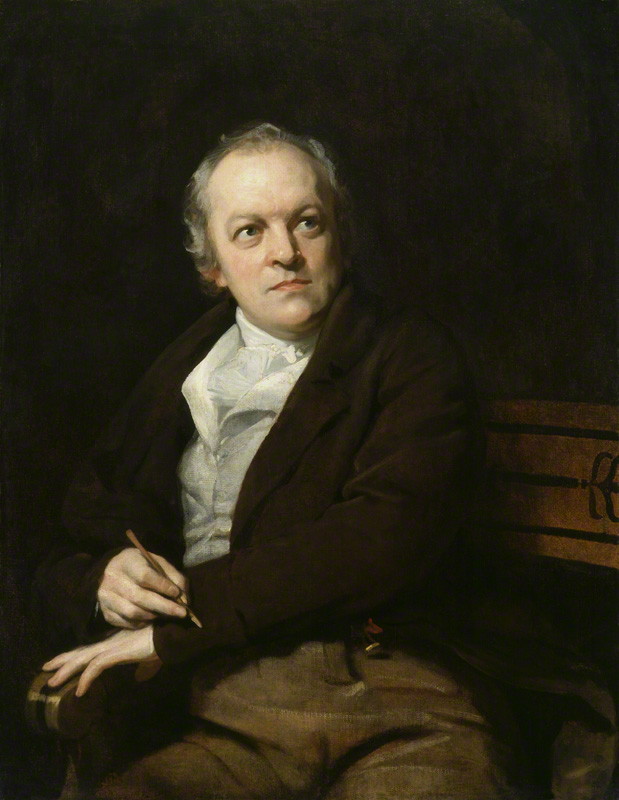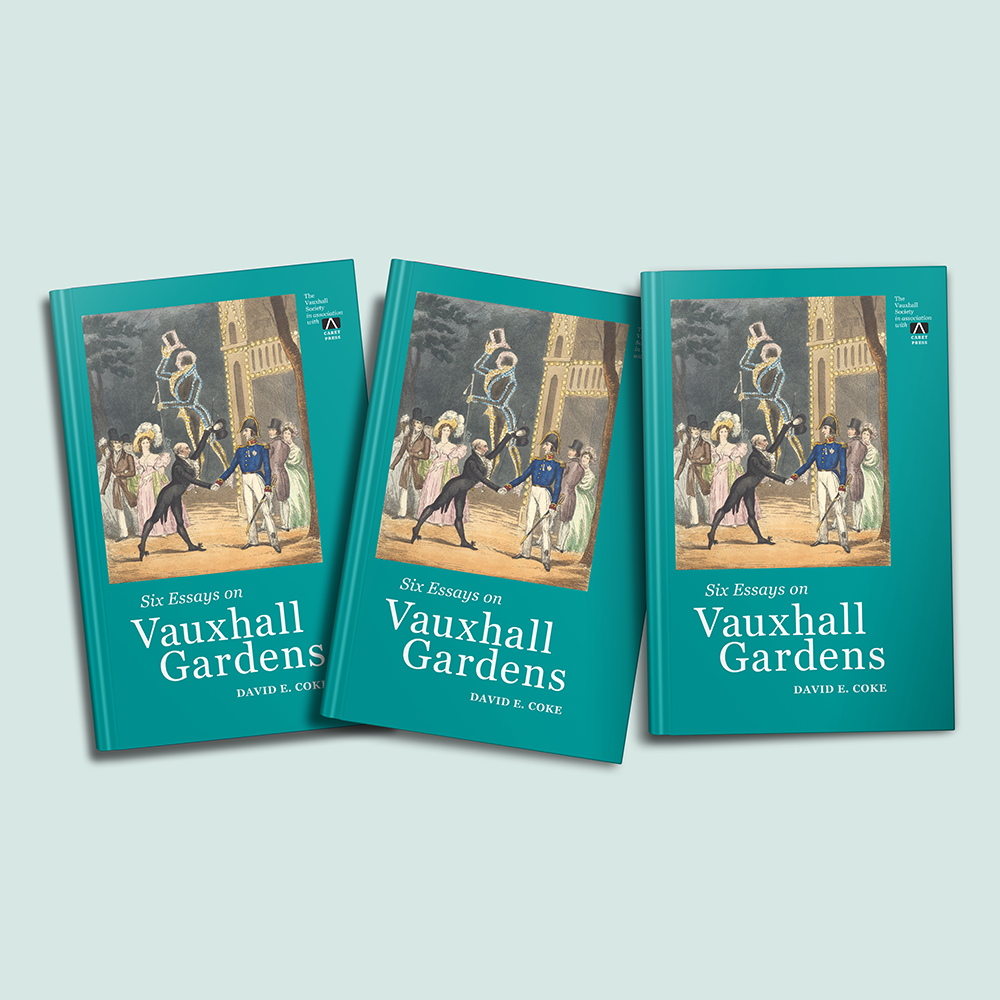
by Thomas Phillips, oil on canvas, 1807. “William Blake by Thomas Phillips” by Thomas Phillips – National Portrait Gallery: NPG 212. Licensed under Public Domain via Wikimedia Commons.
William Blake (1757-1827) was a poet, a painter and engraver, who created a unique form of illustrated verse. His poetry, inspired by mystical visions, is among the most original, lyric and prophetic in the English language. Blake’s style has been described as a pre-Romantic.
Blake, the son of a hosier, was born in London. Although largely self-taught, he was widely read. As a child he wanted to become a painter but also began writing poetry. He was sent to a drawing school at age 10 and by the age of 14 was apprenticed to an engraver. Blake married Catherine Boucher in 1782 and in 1784 they set up a print-sellers’ shop with another engraver and Blake’s brother, Robert, who died in 1787.
William and Catherine moved to Lambeth in 1790 as he saw Lambeth as ‘the place of the Lamb’ and a site for a new Jerusalem. They lived in a large house which was on the site of present-day 23 Hercules Road. His new home housed a rolling press and painting studio. When a friend interrupted him and Catherine in their summer house, where they were sitting naked, reciting passages from Paradise Lost to each other, ‘Come in,’ Blake called out. ‘It’s only Adam and Eve, you know.’

